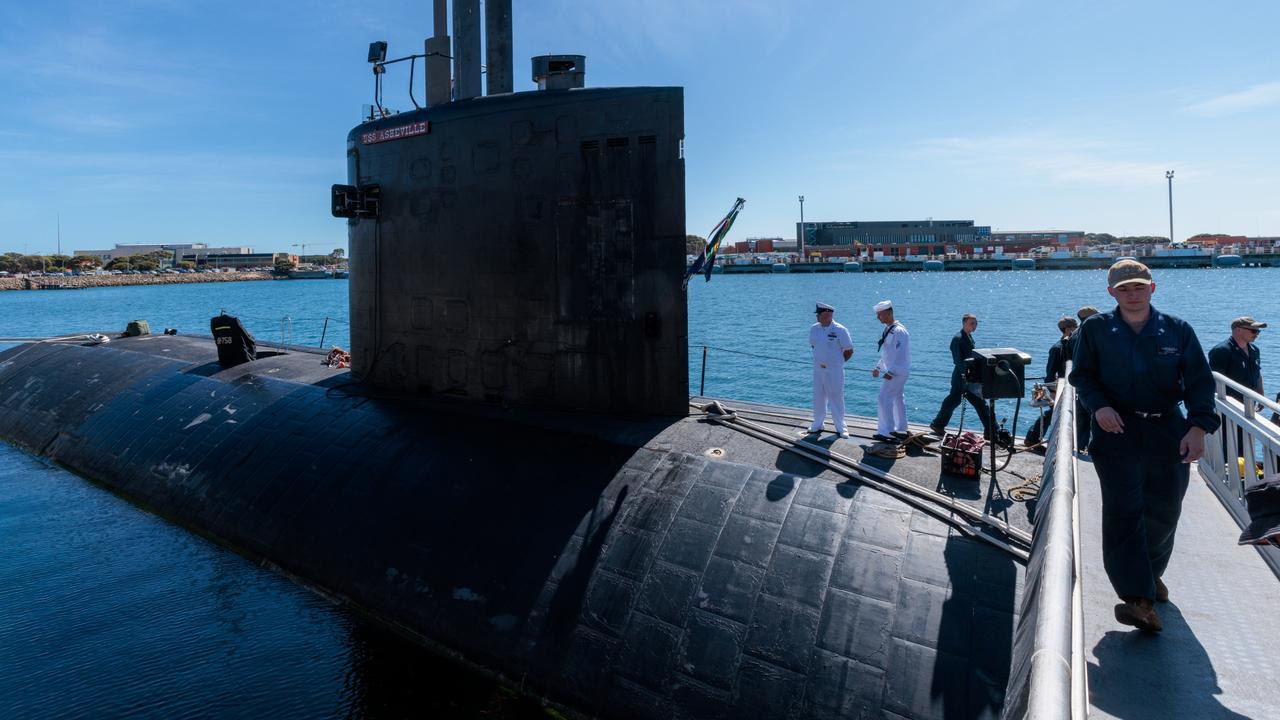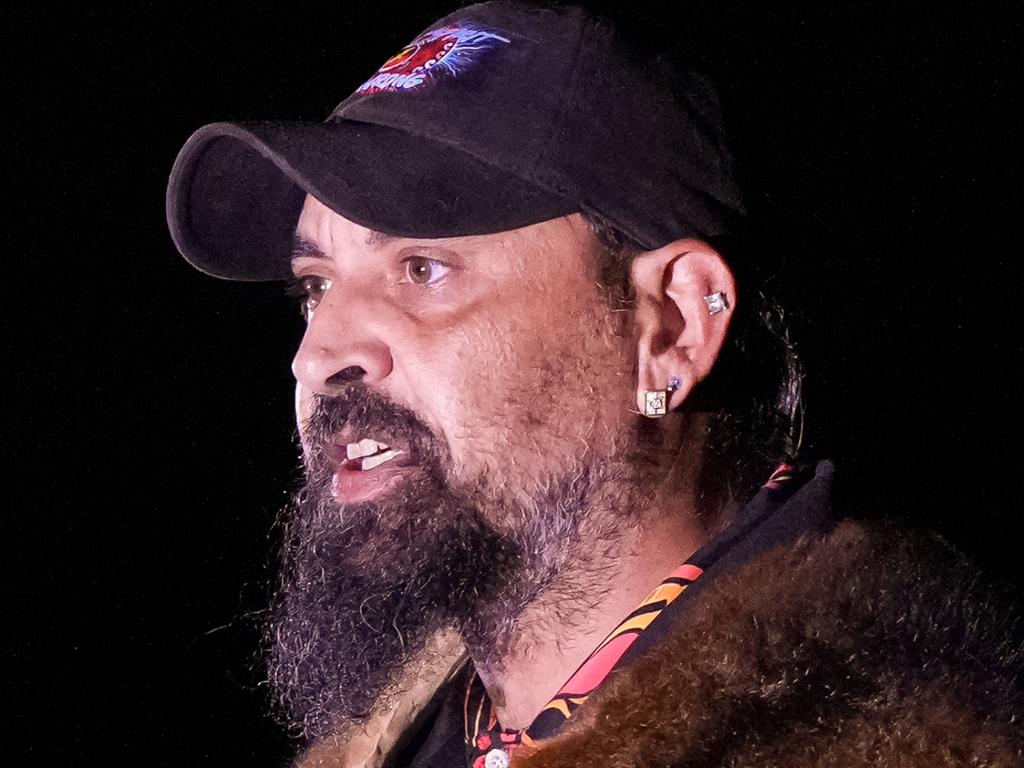Mothers of veterans lost to suicide have spoken out after Royal Commission hands down findings
The heartbroken mothers of Aussie soldiers lost to suicide are rallying for a backlog of veterans’ claims to be sorted urgently to avoid further deaths.
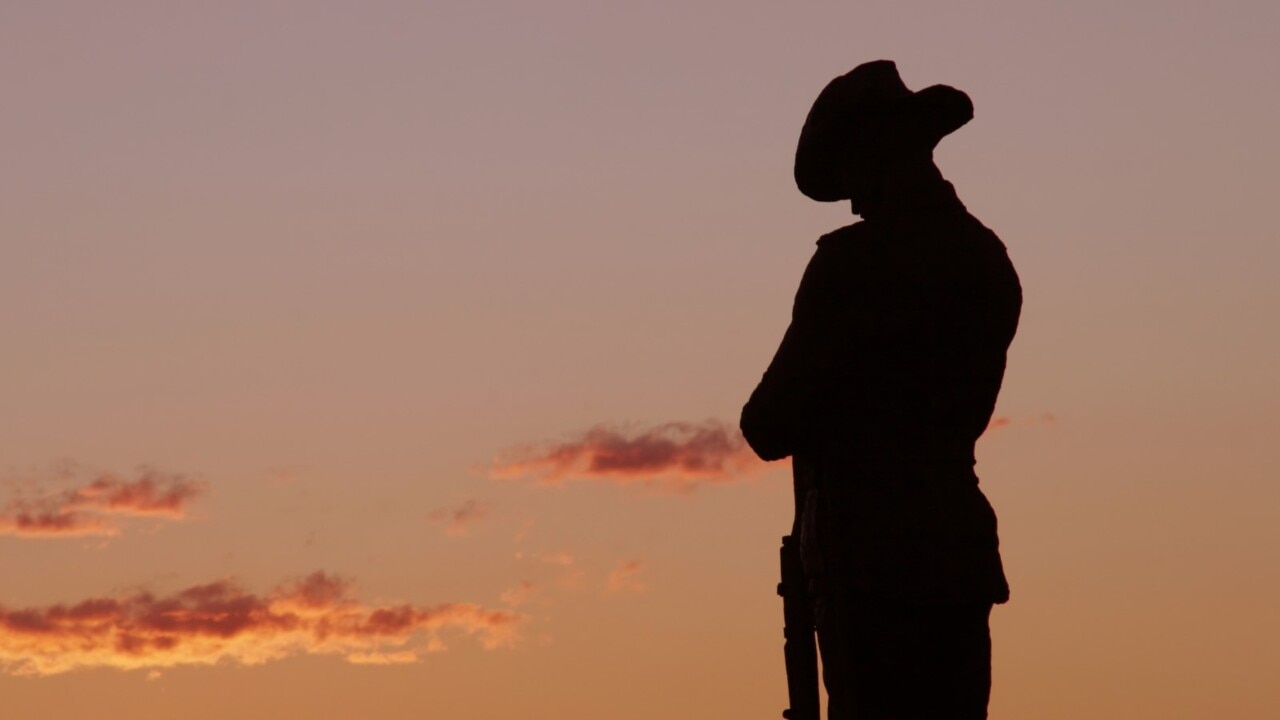
National
Don't miss out on the headlines from National. Followed categories will be added to My News.
Julie-Ann Finney has been on a one-woman mission to expose defence injustices since her 38-year-old navy son David suicided in 2019.
On Thursday, the Adelaide mum was “vindicated” as the royal commission she petitioned for delivered its damning findings of a department in crisis.
“It has been traumatic, but I have also found anger at the mistruths and cover ups that continue,” she said.
“The alternative to this is silence, but that silence has been around for too long. We have been vindicated and this royal commission was necessary.”
Ms Finney, who was backed by News Corp’s Save Our Heroes campaign in her calls for a commission, said she hoped the backlog of veterans’ claims could be sorted urgently.
“Waiting for claims to be processed has been shown to have a suicidal link,” she said of the report’s key finding.
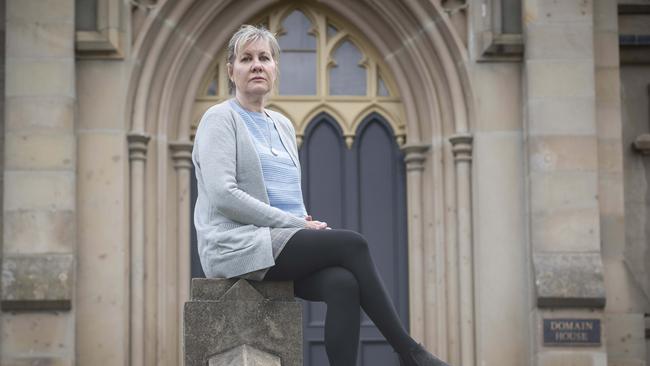
Ms Finney, who travelled around Australia at her own expense to sit through the nine months of hearings, recently pleaded with politicians in Canberra, including Deputy Prime Minister Richard Marles and Minister for Defence and Attorney-General Mark Dreyfus, to not “lose momentum on investigating the finding solutions to veteran suicide.
“I asked the Attorney-General to look over the Royal Commission and ensure there was sufficient funding.
“I have reassured every other politician that we are not going away until we have very real solutions to a very tragic issue.”
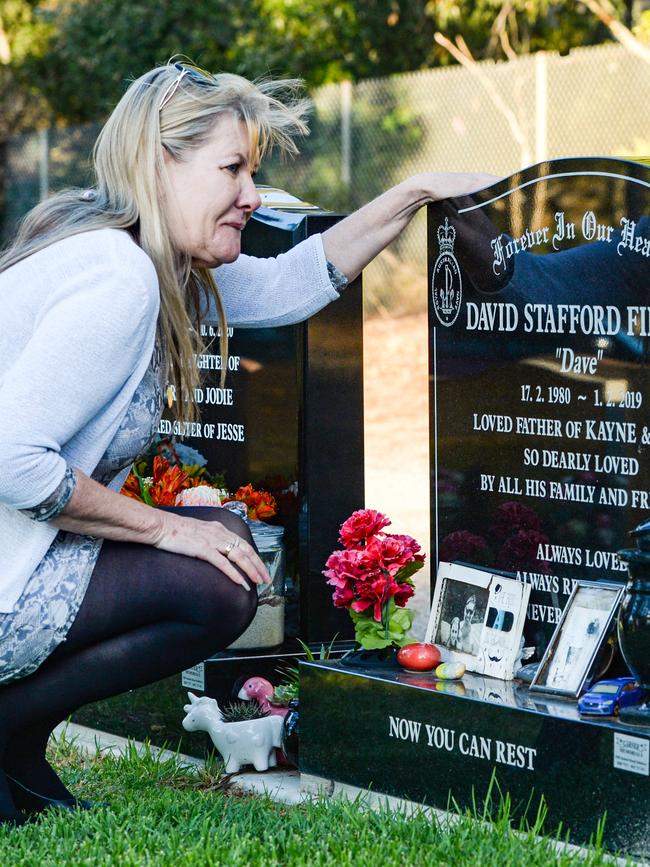
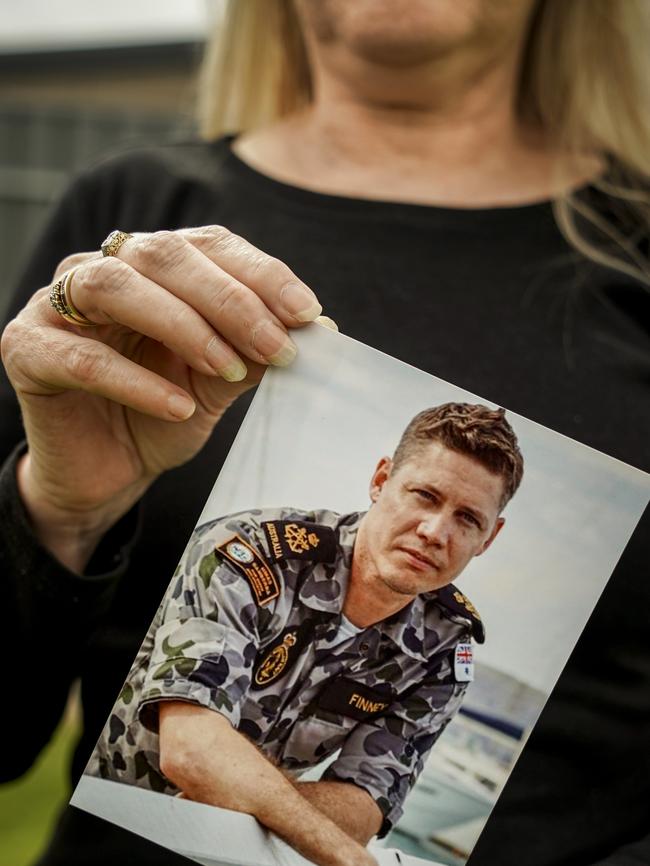
Karen Bird, whose son Jesse, 32, died alone and surrounded by service medals and paperwork for his military compensation claim, found the commission “honest, raw and all consuming”.
“No one has spoken honestly on the possible ‘costs’ to an ADF recruit and their family when that individual signs an Australian Defence service contract,” Ms Bird said.
“There’s a failure to highlight how an ADF member may be left with lifelong permanent physical and mental health conditions that will be purposely arduous to prove and in the end, poorly compensated.
“And there’s a failure to explain how potential traumatic events will have adverse impacts on the life cycle of an ADF member.”
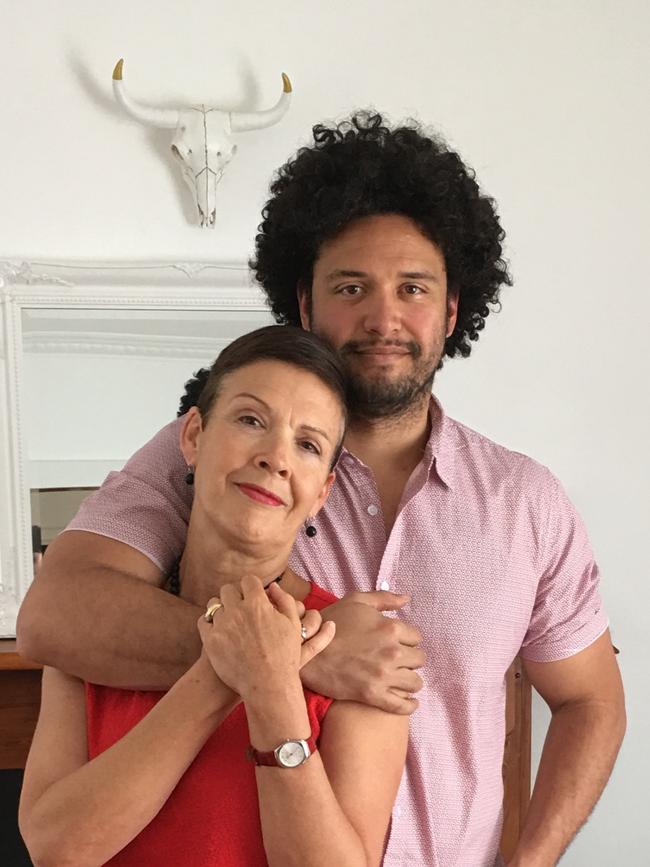
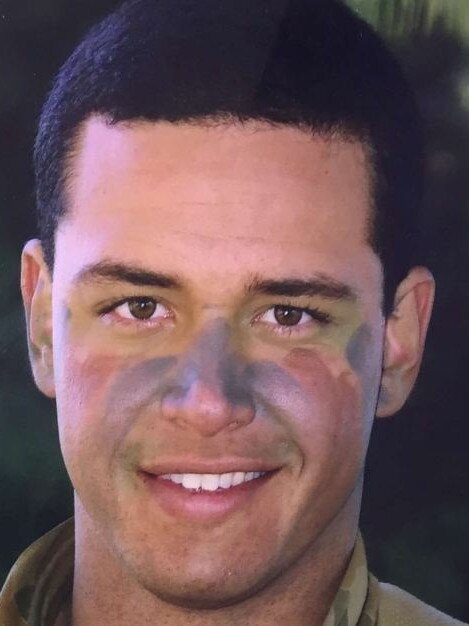
Veteran lawyer Greg Isolani, who represented a number of families and Senator Jacqui Lambie in the Royal Commission, said he hoped the government would act on the report.
“I hope the interim report will in fact provide a positive platform having learned from so many negative experiences and unacceptable practices that have evolved, despite recommendations,” he said.
“The backlog of over 41,000 claims is a huge issue and the old cliche’ of “justice delayed is justice denied” takes on a potentially lethal meaning for veterans who are waiting for claims to be determined.
“The hope is that the final report will provide a strong foundation for the Government to act on and make a real difference to veterans, their families and the ex-service community to have faith in the Defence transition of injured veterans into DVA’s care without causing further damage.
“Otherwise it may simply be a case of veterans will ‘live in hope, but will die in despair’ while waiting for assistance from DVA.”
Tasmanian Senator Jacqui Lambie, who was instrumental in having the royal commission created, welcomed the report but hoped the recommendations could be implemented quicker. “This is just the beginning of the journey. We still have a long way to go. But this is an important first step to fixing some of the issues facing our veterans. I want to see all the recommendations implemented quickly by the Government. They’ve given a March 2024 date to deal with the backlog of claims. Surely we can get onto it quicker than that. Most veterans can’t wait until 2024 to have their claims dealt with. This should be a top priority for the new Government.”




